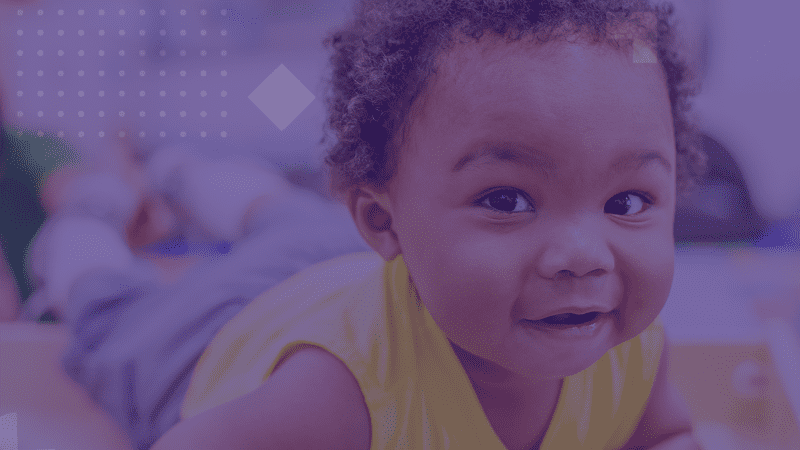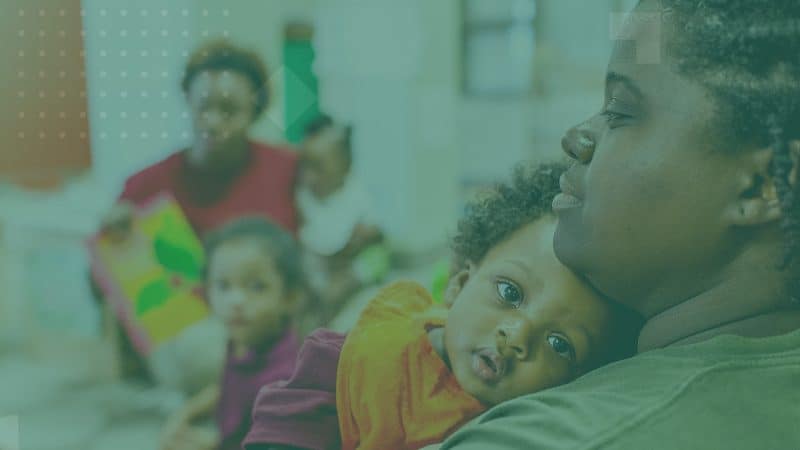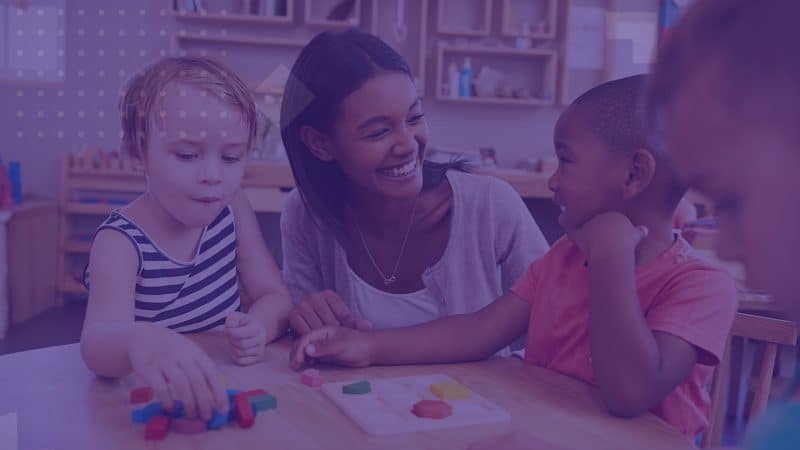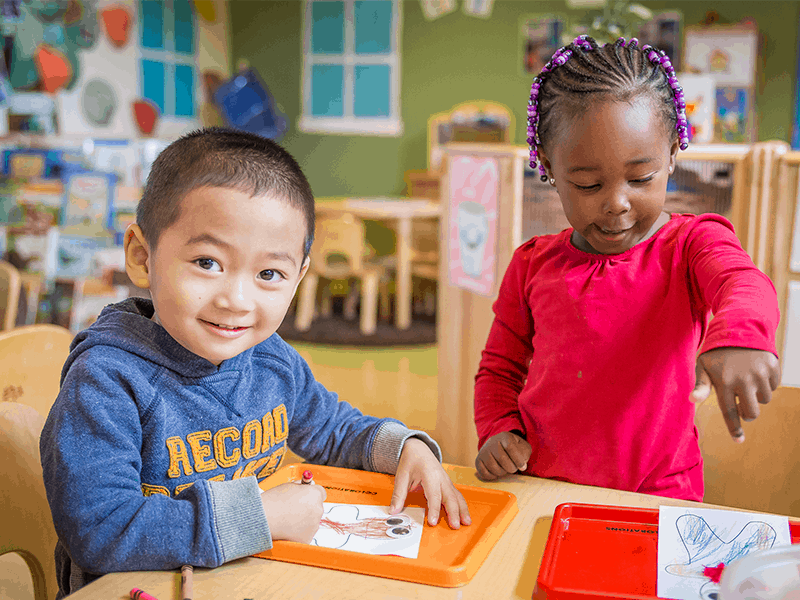Start Early is pleased to announce it has been awarded the National Center on Parent, Family, and Community Engagement (NCPFCE) by the Administration for Children and Families, Office of Head Start, in partnership with the Office of Child Care. The NCPFCE is one of four National Centers that develop evidence-based best practices for Early Head Start and Head Start programs across the country, as part of a comprehensive Office of Head Start Training and Technical Assistance System.
This award provides up to $5.9 million annually ($29.5 million over 5 years) to Start Early and a consortium of partners — Child Trends, LIFT, Early Learning Lab, Fred Rogers Center, and the UNC Frank Porter Graham Child Development Institute — to support family well-being, effective family and community engagement, and children’s school readiness, including transitions to kindergarten. These partnerships will integrate the research-practice knowledge of family and community engagement, human services, early childhood, social work, mental health, parenting, leadership, and family economic mobility into the NCPFCE content and activities. Start Early will focus on creating high-quality responsive training and technical assistance, rooted in equity and cultural and linguistic responsiveness, to support staff, families and communities nationwide.
“We are honored to work with an incredible group of partners as we continue building upon Head Start’s commitment to parents as their child’s first teachers,” said Start Early president Diana Rauner. “Together we will further bring family engagement, parent voice and community engagement to the forefront of early childhood education over the next five years.”
The NCPFCE identifies, develops and disseminates evidence-based best practices to support the growth and development of young children and strengthen families and communities. Its work includes providing training and technical assistance on staff-family relationship building practices that are culturally and linguistically responsive; integrated and systemic family engagement strategies that are outcomes-based; and consumer education, family leadership, family economic stability, and individualized support for families facing adversity.
The NCPFCE will have a strong equity focus and will partner with schools in the Educare Learning Network and other Early Head Start/Head Start (EHS/HS) grantees across the country to create, pilot and field test innovations in parent, family and community engagement. This will ensure that training and technical assistance (TTA) activities result in high-quality comprehensive services that bring diverse family, community and program voices to the center of the work.
Start Early brings nearly 40 years of expertise delivering best-in-class doula, home visiting and Early Head Start and Head Start programs and advocating for thoughtful policies and adequate funding at the local, state, and federal levels. From roots directly serving families and children on Chicago’s South Side and in rural Illinois, Start Early has expanded to impact early childhood programs and policies nationwide, with partnerships in 25 states.
Dr. Rebecca Berlin, senior vice president of quality, solutions and impact and Dr. Mallary Swartz, director of family engagement research at Start Early will serve as principal investigators for the NCPFCE. Berlin has more than 25 years of experience in strategic visioning in the early childhood field, including assessment and professional development initiatives. Swartz brings 20 years of experience as an applied researcher in family engagement and relationships-based professional development in early childhood education, particularly EHS/HS programs.
Start Early has also hired Brandi Black Thacker, director of TTA and integrated services and Manda Lopez Klein, director of the NCPFCE to lead the NCPFCE. Together, the two early childhood professionals bring a combined 40 years of experience as Head Start leaders and advocates to the work.
Throughout her career, Thacker has served communities as an educator, case manager, advocate, Head Start director, TTA specialist and served as the director of TTA for the NCPFCE for the past nine years. Klein is a former Head Start director and the founding executive director of the National Migrant and Seasonal Head Start Association (MSHS), and is an expert in curriculum development, family engagement material development, and professional development, including services for monolingual and bilingual families.
“As national Head Start leaders and advocates, Brandi and Manda bring decades of experience collaborating with families and community partners to the new NCPFCE,” said Rebecca Berlin, senior vice president of quality, solutions and impact. “Under their leadership, the NCPFCE will continue to elevate diverse voices that strengthen the work and ensure better outcomes for children and families across the country.”
As a first step, Start Early will sign the cooperative agreement later this month and launch the center by the end of November.
About Start Early
Start Early (formerly known as the Ounce of Prevention) is a nonprofit public-private partnership advancing quality early learning and care for families with children, before birth through their earliest years, to help close the opportunity gap. For nearly 40 years, Start Early has delivered best-in-class doula, home visiting, and Early Head Start and Head Start programs. Bringing expertise in program delivery, research and evaluation, professional development, and policy and advocacy, Start Early works in partnership with communities and other experts to drive systemic change so millions more children, families and educators can thrive.

 Teri Rogoway’s love of nature started early, with her own mom. “My mom taught me from a really young age that nature was a gift and that we could be better people as a result of interacting with nature,” she shares. “I’ve always had a positive experience in nature and I wanted to give those kinds of experiences to other people.”
Teri Rogoway’s love of nature started early, with her own mom. “My mom taught me from a really young age that nature was a gift and that we could be better people as a result of interacting with nature,” she shares. “I’ve always had a positive experience in nature and I wanted to give those kinds of experiences to other people.” Throughout her career, Teri has seen the benefits of engaging children early in nature. “Parents who go hiking with their child in a baby backpack, let them play in parks, climb trees, rescue worms and jump in puddles are building up their child’s immunity and increasing their motor skills,” she shares. “Those kids, who have been encouraged to play in and explore nature, are less fearful, more creative and know how to calmly interact with other people.”
Throughout her career, Teri has seen the benefits of engaging children early in nature. “Parents who go hiking with their child in a baby backpack, let them play in parks, climb trees, rescue worms and jump in puddles are building up their child’s immunity and increasing their motor skills,” she shares. “Those kids, who have been encouraged to play in and explore nature, are less fearful, more creative and know how to calmly interact with other people.”



